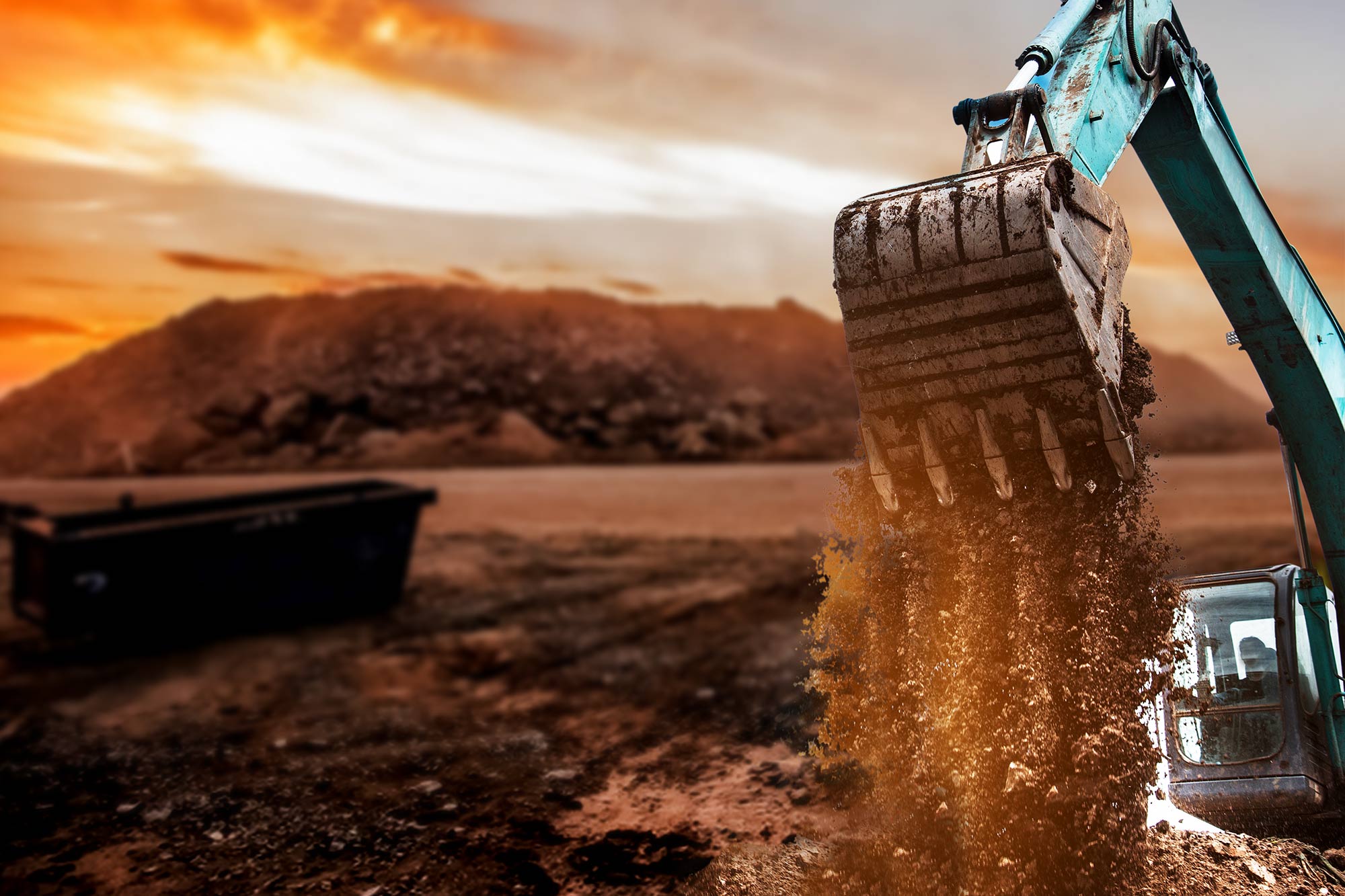Perfecting the art of optimization through efficiency
By Edit Team | September 7, 2020 11:39 am SHARE

Efficiency is a key element in optimising the use of different construction equipment including backhoe loaders and excavators. From fuel efficiency to hybridization and introduction of CEV BS IV and BS VI norms; a look at various factors at play.
The pandemic has compelled organizations to cut costs and rethink their existing business strategies. The construction and infrastructure sector too is not immune to this development. From use of autonomous technologies and digitization, efforts are being made to improve productivity whilst keeping a check on the spends. Construction equipment manufacturers have been consistently keeping a note of this development. This has motivated them to improvise on factors which govern the efficiency of these machines. Much of the construction equipment market is dominated by backhoe loaders and excavators. So a consistent effort has been made to optimise the efficiency in these machines as well.
Hybridization – An ongoing process
The introduction of hybrid technologies is often seen as a method to improve the fuel efficiency of the existing fleet of backhoe loaders and excavators. However, the acceptance of such technologies in the price sensitive Indian market has deterred many from pursuing it vigorously. SK Jaruhar, Advisor – Support Services, Kobelco Construction Equipment India Pvt Ltd believes hybridization is an ongoing process and it will take time before it is implemented on the ground. He says, “Technology has always had considerable influence on the development of automobiles and equipment. The urgent need to reduce the carbon footprint has spawned ideas like hybrid technology. It can facilitate the use of electrical/battery power for some select operations only, thereby saving fuel. It is an ongoing process and it may be some time before we can see the next level of hybrid technology.”
Puneet Vidyarthi, Brand Leader, Case India bats for hybridization but points out that finding the perfect balance between technology and cost can be tricky. He points out, “Construction equipment with hybrid technology has the potential to be attractive for Indian customers and conditions when the total cost of owning and operating the unit is optimal. Currently, most of the technology available globally has a high cost of acquisition, is not easily available in India and is not well suited for long working hours. It offers fuel economy but this is not sufficient to offset the overall costs, hence this technology has to evolve more to be a more attractive solution for the Indian market.”
The introduction of BS IV CEV and BSVI norms
The BS IV CEV norms as also the BSVI norms have become mandatory owing to its impact on reliability, efficiency and environmental performance of construction equipment as well. The new generation excavators and backhoe loaders too are now fine tuned with such engines. Rahul Joshi, Head – Marketing, Product Planning & PMO, Mahindra Construction Equipment says, “BS IV CEV norms are related to pollution control and we all are aware of the pollution level in India. As far as machine efficiency is concerned, with the introduction of BS IV CEV norms, the overall efficiency of the machine will increase in terms of fuel average along with pollution control. And to control unburnt carbon particles, we are moving towards burning the fuel to the maximum extent. Hence increasing the efficiency of the engine and machine as a whole.
The BS VI will impact the cost of the machines and the cost of machines is likely to increase. But the increase in cost will be alike in all products and competitors in the industry.” Just like with hybridization the norms will impact the overall cost of ownership of the equipment but for a cleaner future it is well worth going the extra mile. Puneet points out, “The cost of implementing these norms will be on the higher side but at Case, we value the environment and believe that each and every change contributes to the betterment of the world we inhabit. We have also been recognized as a Global Sustainability Leader for several years in a row. The current circumstances which have restricted cash flow and movement for the CE industry have led the government to consider deferring the BS-VI emission norms. But we’ll be happy to invest in change that protects the environment and will be ready to shift to these emission norms as and when the government deems it necessary.”
Factors beyond fuel consumption and engine design
It is true that fuel consumption is one of the most important factors Indian customers take note of to validate the efficiency of an existing excavator or backhoe loader. This happens with other construction equipment as well or for that matter even with cars and bikes. There is a limit upto which fuel efficiency can be controlled beyond that the construction equipment manufacturers bank on different features which make the equipment bankable. Jaruhar says, “Fuel efficiency has always been a hallmark of Kobelco’s excavators. However, the machine can deliver much higher output due to its quick-response actuators, simplified yet efficient hydraulic system, Arm and boom regeneration technologies etc. The durability of the machines has been up-scaled to match with the tough site conditions.” The bankability of the machines also depends heavily on the after sales support provided by the vendor.
Dimitrov Krishnan, Managing Director, Volvo CE India Pvt Ltd says, “Volvo has one of the largest and most experienced dealer networks in India, able to provide expert advice and support whenever it’s needed, and there are a range of Customer Service Agreements available. The most comprehensive is the Gold Customer Support Agreement and this option is increasingly popular in India as work levels rise and construction schedules are squeezed. It offers preventive maintenance, inspection and repairs carried out at the earliest opportunity by trained Volvo service technicians and gives companies the best possible peace of mind. For smaller contractors, or those leasing from us for the first time we offer a range of attractive financing options through our Volvo Financial Services arm. For example, Volvo Financial Services offer attractive finance proposals, extended warranties.”
Cookie Consent
We use cookies to personalize your experience. By continuing to visit this website you agree to our Terms & Conditions, Privacy Policy and Cookie Policy.




































































